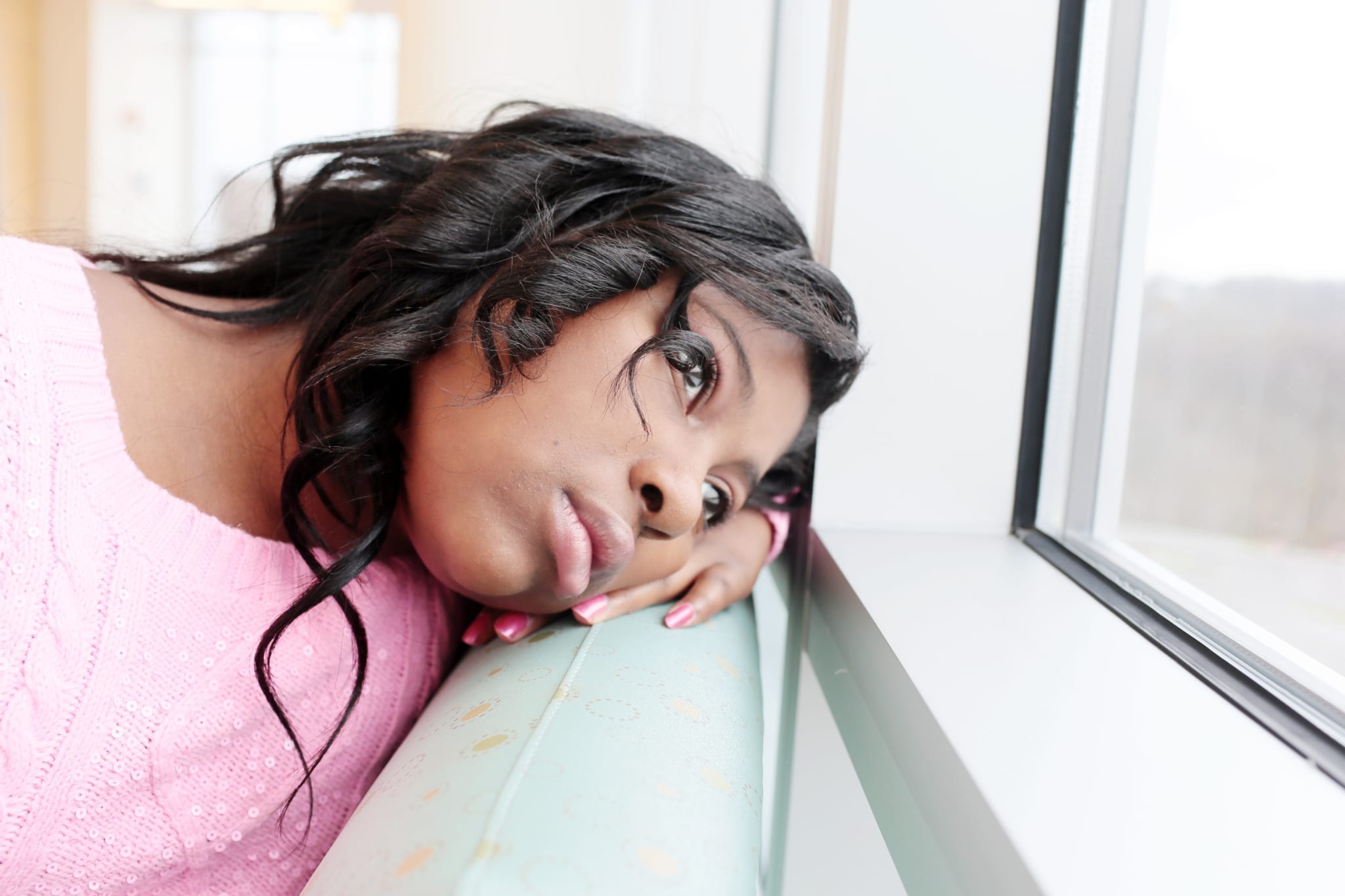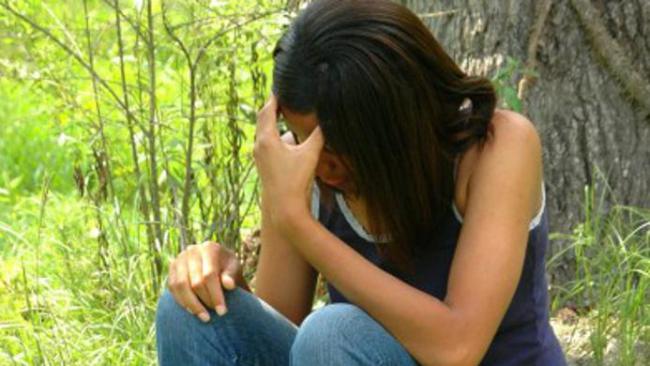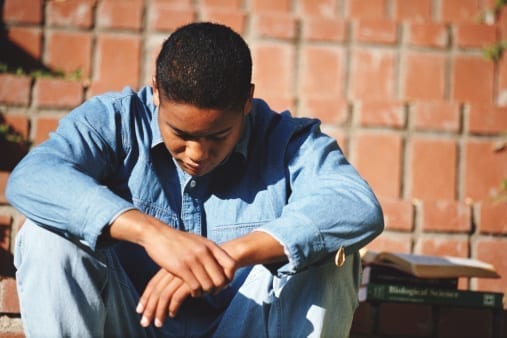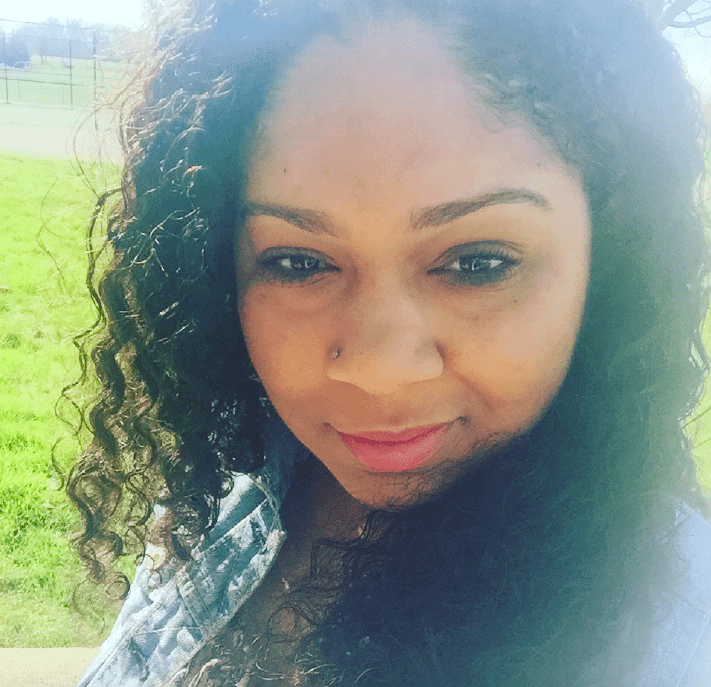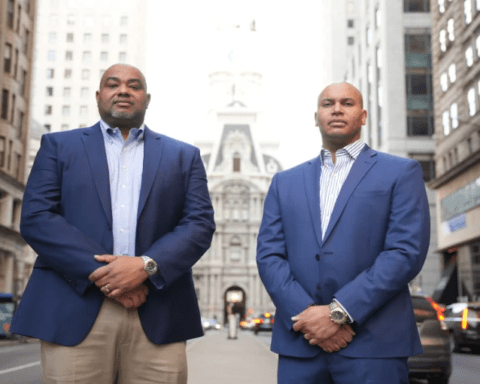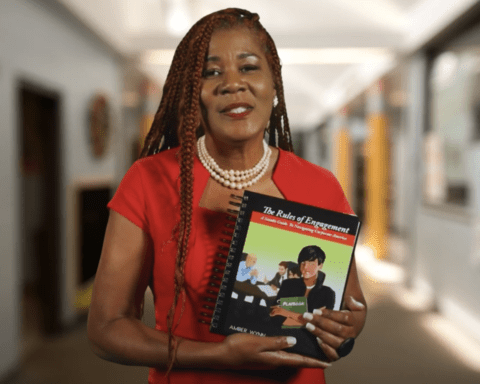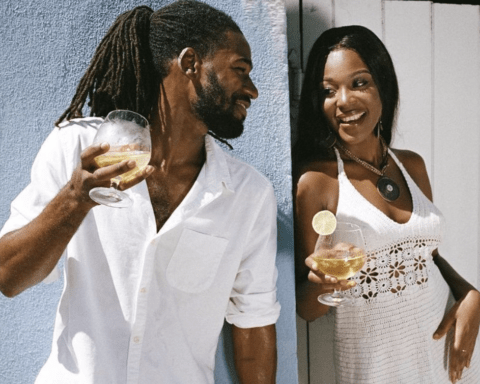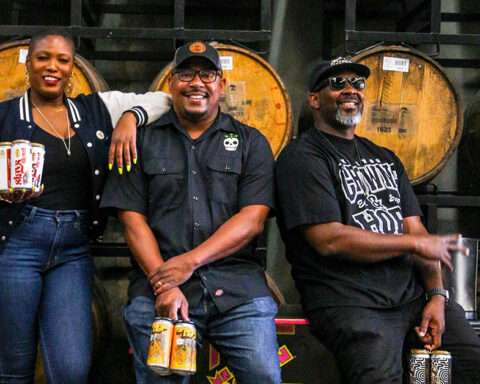Perhaps it was the fact that my parents worked long hours to provide for me; or maybe it was because I was (and always have been) an utter ball of emotions, completely opposite from the stoic example that my family provided for me while growing up.
Regardless, no one saw it coming. No one ever noticed the hands of depression, first nipping at my ankles around pre-adolescence, then, preparing for its final grasp around my throat towards the end of high school. Then, finally I was diagnosed with Major Depressive Disorder (MDD) at age 16 after a suicide attempt.
Socially, school wasn’t easy for me. I was a shy, insecure loner. I have always attended predominately white institutions which added to my insecurity. How could I rock my Alicia Keyes braids when all of my peers emulated Britney Spears?
The stress of having to read Jet and Teen Vogue, just to stay afloat was enough to break anyone down. Now, introduce hormones and the evolution of social media.
I remember when I signed up for my first Facebook account in between class periods in the computer lab. Hastily I did it, so I wouldn’t be late to class, but it was also so that I could be as cool as the upperclassmen.
A few months later, Facebook rolled out a new addition, the “honesty box”. Anyone could anonymously say anything they wanted about you.
Perhaps I was too hopeful that one of the boys in my high school would confess his undying love for me, but instead, I was greeted with messages of hate: “you’re ugly”, “a stupid nigger”, “whore”, “slut”, etc.
Now there are so many social media outlets—Instagram, Twitter, Snapchat—to name a few. I was looking for validation back then, as so many teens are, to fill a void of insecurity. This, coupled with societal pressure to be successful, are factors that can lead to depression amongst teens.
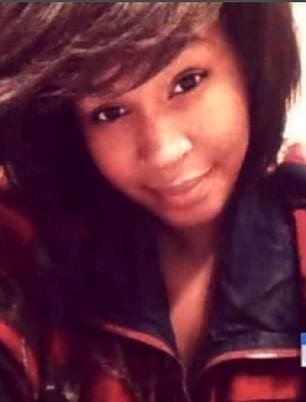
A lot of my time in high school was spent on the couch in the guidance counselor’s office. I’m sure she suggested I get an actual therapist many times to my parents, but that was taboo.
My white counterparts had no qualms about going to therapy, popping pills (albeit, usually of the white collar illegal kind) but I had no way to cope.
In many Black families, from an early age, we are taught to bottle our emotions up, bury them deep inside. Because we, as a community, don’t express what we deem “sensitive” feelings, mental illness is so often undiagnosed. We think that since we survived slavery, segregation, and today, are still surviving police brutality and racism, we can survive anything.
While this is true and we can survive, we need to acknowledge that it is okay to not feel “ok”. We need to stop labeling each other, and even ourselves, as weak for having and expressing feelings.
Being a teen is hard. Being Black is hard. To be a Black teen is a double whammy. Recently, a young couple in Cincinnati, OH committed suicide, one after the other.
The only evidence we have that the young man was undergoing stress is a video he posted online right before he killed himself, indicating that he “couldn’t take it anymore”.
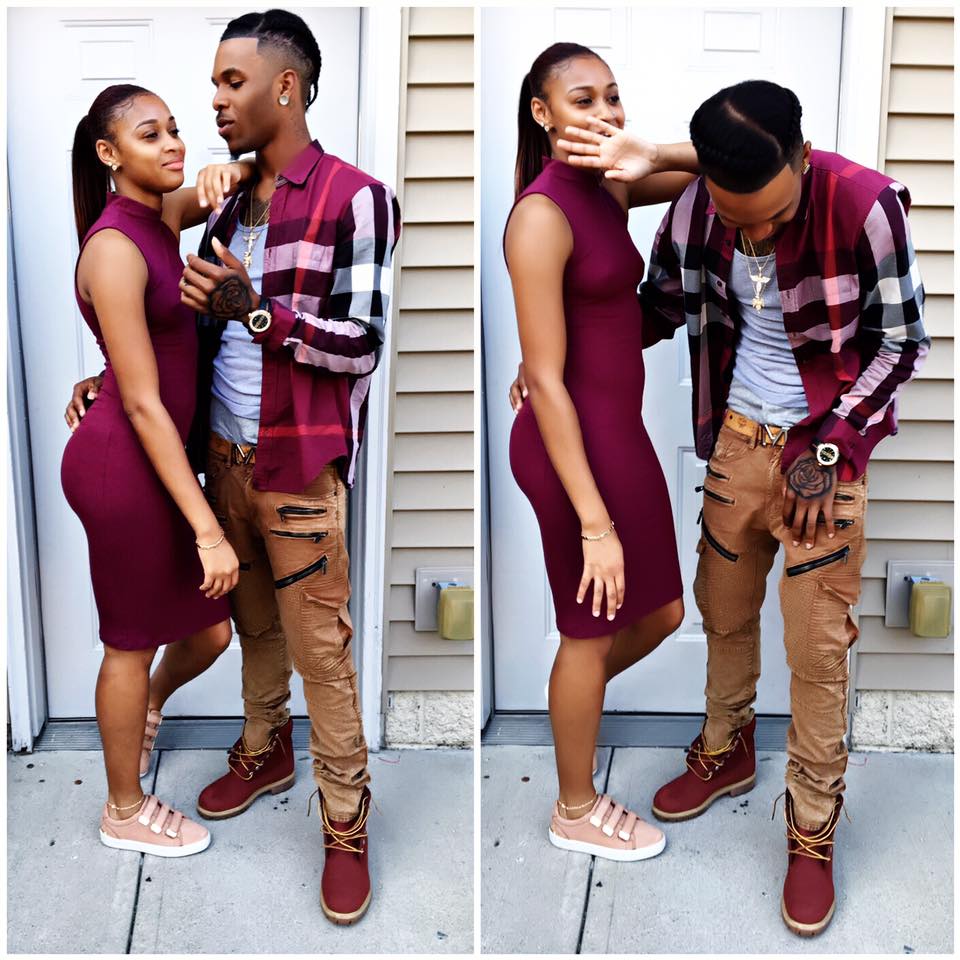
Too little and too late. Suicide is the third leading cause of death amongst Black youth (Lincoln et al., 2012). Additionally, about 7.9% of Black youth meet the diagnosis criteria for Major Depression (Turner et al., 2015).
We need to make sure that we are talking to our teens and also importantly, modeling healthy behaviors for them. While suicide is an end, it does not have to be the end to depression.
Depression still lurks at my window, beckoning me to let it inside, but what has changed is that I am no longer afraid to express my feelings for fear of being called weak. I’m strong enough to be vulnerable, to feel. We all are.
Deja Morton is an aspiring freelance writer who resides in the Indianapolis area. She enjoys writing short fiction and op-ed pieces that explore her personal struggles as a minority. This is her first article for Shoppe Black. She can be reached at dejamorton@gmail.com

